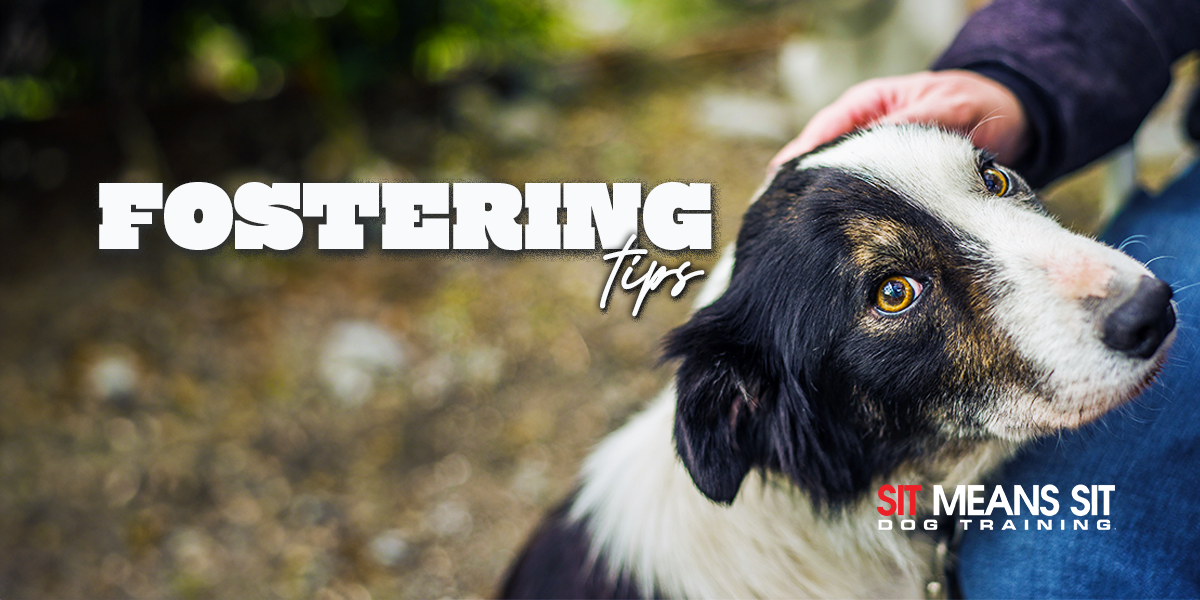
Tips for Fostering Dogs
Dogs are typically fostered until their forever home is found. Additionally, fostering allows for socialization and recovery from illness or injury, among other reasons. Fostering a dog is rewarding but also a big responsibility! Read below for tips for fostering dogs.
Responsibility
First, before you foster, you must understand the responsibility of it. The main task of being a foster parent is to provide a safe and loving home. That includes feeding, socializing, and exercise. As a foster parent, you may need to partake in obedience training, provide information to the shelter/rescue about the dog’s behavior and personality, speak with potential adopters, and transport your foster dog to and from adoption events.
It is important to note that the time and commitment level can vary depending on the shelter’s needs and your schedule. But, the shelter will match you with a furry friend that fits into your home and lifestyle. So, don’t be scared if you are a first-time foster parent. As you become comfortable, you can take on more challenges.
How To Start
Next, you have to get started! The easiest way to start is to connect with a rescue group. You can find lists of rescues and shelters through Petfinder, ASPCA, a Facebook group, or a simple web search for your area. You will likely need to fill out an application to become a foster parent. Then, once you are approved, the shelter will find the right foster dog for your home.
Questions to Ask
Every shelter and rescue is different. However, it is essential to ask the following questions to the rescue you are working with to determine the full scope of your responsibilities and the needs of the dog you are fostering.
- Who pays for the vet bills?
- Who pays for the dog’s supplies?
- Are there meetings you will need to attend?
- Who is responsible for training the dog?
- What are the requirements to foster a dog? (For example, is a fenced yard needed? Is the dog good with children and other pets? Should you be home all day?)
- Is the dog on any medications?
These are fundamental questions that should be covered. However, if you come up with more, don’t hesitate to ask!
Supplies and Dog-Proofing
To be a successful foster parent you should have the right supplies. so, some dog supplies that the shelter may not provide include:
- baby gate
- bed
- brush
- bitter apple spray
- toys
- training treats
Additionally, it would be best if you did some dog-proofing to prepare for your new furry friend. This includes:
- keep electrical cords out of reach to prevent chewing
- cover trash cans
- keep toilet lids closed
- keep houseplants out of reach
- move curtains that can be chewed or pulled
- move small and sharp objects from low tables and floors (paper clips, nails, staples, needles, rubber bands)
Fostering brings companionship into your life and allows more space to help other dogs in need. It is a rewarding experience that you should consider doing. Please follow the guide above when you start your fostering journey.
